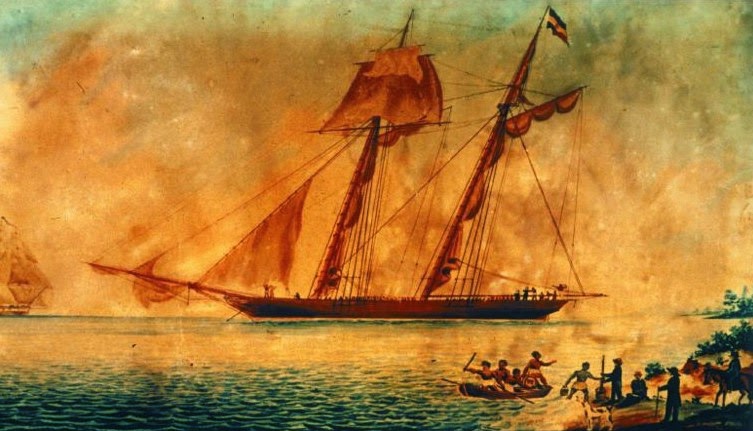An Interfaith Exploration of Sustainable Lifestyles
 Saturday, June 6, the ScienceAlliance for Valuing the Environment – SAVE sponsored An Interfaith exploration of Sustainable Lifestyles program at the
Sylvania (Ohio) United Church of Christ.
This program was the result of SAVE’s commitment to an Interfaith
approach to local sustainability issues affecting our communities. The program’s content involved not only the
why’s of specific and sustainable actions but also the how’s. Members of the Hindu Temple of Toledo (Ohio),
Lourdes University, Sisters of St. Frances, Sylvania (Ohio) Baha’i Community,
and Sylvania United Church of Christ brought together diverse presenters with
expertise in local sustainable small-scale agriculture, sustainable landscaping
for residential areas, and small-scale alternative energy systems for
residential applications. An Interfaith
Exploration of Sustainable Lifestyles had an attendance of about 50 local
people. Some attendees stated individual interest in similar future programs
and events.
Saturday, June 6, the ScienceAlliance for Valuing the Environment – SAVE sponsored An Interfaith exploration of Sustainable Lifestyles program at the
Sylvania (Ohio) United Church of Christ.
This program was the result of SAVE’s commitment to an Interfaith
approach to local sustainability issues affecting our communities. The program’s content involved not only the
why’s of specific and sustainable actions but also the how’s. Members of the Hindu Temple of Toledo (Ohio),
Lourdes University, Sisters of St. Frances, Sylvania (Ohio) Baha’i Community,
and Sylvania United Church of Christ brought together diverse presenters with
expertise in local sustainable small-scale agriculture, sustainable landscaping
for residential areas, and small-scale alternative energy systems for
residential applications. An Interfaith
Exploration of Sustainable Lifestyles had an attendance of about 50 local
people. Some attendees stated individual interest in similar future programs
and events.
Mr. Joe Perlaky, consultant for the Maumee Valley
Growers Association, gave the keynote address – “What is Sustainability”. Joe gave examples of European and local
initiatives involving local and urban agricultural programs founded on
sustainable systems. Maumee Valley
Growers Association represents a diverse group of growers concerned with local
agricultural challenges, food quality, and distribution. The newest project involves an expanded
hydroponic growing system meant to grow select crops during the winter
months. Perlaky also reported on the
area’s successful alternative energy installations as well as the related jobs
created. The best example, he said, was
the recently completed Photovoltaic (Pv) panel installation at The Toledo
Museum of Art. Multiple Pv panels are
installed on the top of the museum car ports and provides electrical energy to
the facility.
Dr. Al Compaan, retired Professor of
Engineering at The University of Toledo, presented on his
successes retrofitting his home with Pv
panels. Not only does his residence use
the electric power generated, it also charges his electric pick-up truck. Compaan spoke to the history and direct
benefits of the United States using public funds to develop the nation’s
physical infrastructure such as the canals, railroads, the Interstate Highway
System, and the national Fiber-Optic grid.
Al discussed the various national and state-wide initiatives involved
with converting to alternative energy. A
world-wide manufacturer of Pv panels, First Solar in Toledo, is targeting a
future cost of $ 0.07 (USD) per Kw and expects to see this soon.
“Raise
Chickens!” was the advice
offered by Mr. Bryan Ellis, the presenter of Local and Sustainable Urban
Agriculture. Bryan, whose background
includes extensive experience in construction, talked about his Urban-Ag
projects involving his “appropriate technology” designs and systems. Ellis talked about his experiences building
an expansive Hydroponic growing system installed in the Downtown Toledo Ohio
area. Using low-tech tools, equipment,
and gardening methods, food surpluses could be easily achieved and the produced
either shared or sold to community members.
The City of Toledo is actively promoting sustainable practices
to its citizens; especially after last summer’s Lake Erie water crisis affecting
some 400,000 area citizens. A large algae
bloom happening in the Western Basin of
Lake Erie made the water toxic – much of the blame going to area farmers and
their unsustainable crop treatment. Ms.
Beatrice Miringu, Senior Environmental Specialist City of Toledo, presented on
various methods homeowners can employ to reduce the strain on the environment. Beatrice shared information on the benefits of
using native plant species to control rain water runoff. Miringu also introduced Rain Gardens to the participants
and their successful installations around the city.
PowerPoints from the presenters can be downloaded and
viewed by going to the SAVE Google Sites webpage.
SAVE, founded by the Sisters of St.
Francis and a part of Lourdes University, is celebrating its 25th
year of providing environmental education, scholarships, and recognition of environmental
educators in the Northwest Ohio Area.
Recently, SAVE’s Advisory Board authorized the establishment of the SAVE
Interfaith Collaborative. The group’s
sub-committee serves as a focal point for the area’s diverse communities of
faith and issues involving community sustainability. Members of the Hindu Temple of Toledo,
Sylvania United Church of Christ, Sisters of St. Francis, and the Sylvania Baha’i
Community have join in this endeavor for the common good. SAVE Interfaith Collaborative works to achieve
greater community sustainable working models through individual behavioral
changes founded in our core diverse spiritual teachings. 




